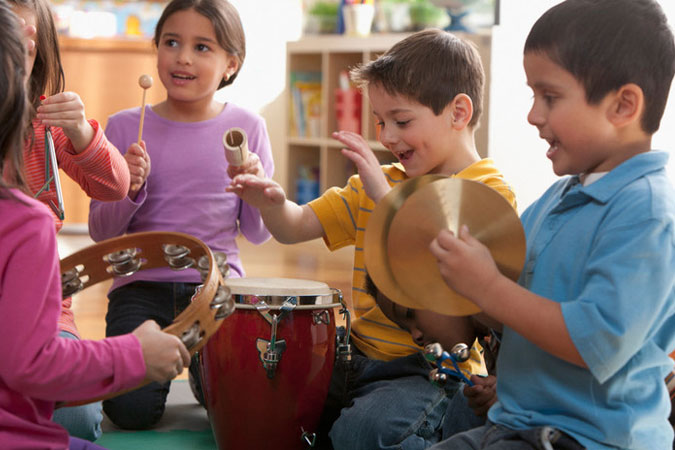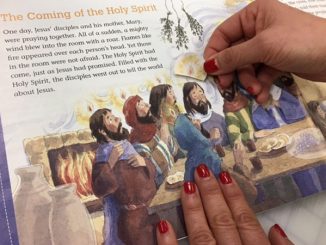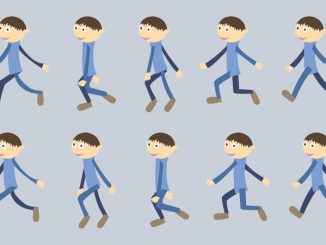
We don’t like to think of ourselves as biased. To be biased is to have a preference or an inclination for one thing over another. Some biases are hurtful and prejudicial, such as if one is biased against a certain ethnicity. Other biases are more benign, such as having a bias for a hard copy book over an e-reader.
As a catechist, you most likely have a bias you’re not aware of: a bias for a particular learning style. A while back, I dedicated a number of posts here on Catechist’s Journey to talking about the various learning styles (multiple intelligences) of those we teach. We explored the uniqueness of learners who are visual, auditory, musical, logical, interpersonal, intrapersonal, or kinesthetic and strategized ways to engage learners according to their learning styles.
It’s important, however, to pause and think about your own learning style and the extent to which you may unconsciously be imposing your learning style on those you teach. Some time ago, when working with a colleague to create lesson plans for one of our resources, I noticed that all of his instructions were simply to read and discuss the text. When I challenged him on it, he said, “That’s how I learned, and if it was good enough for me, it should be good enough for anyone.” Well, unfortunately, that is not true!
I find myself almost at the opposite extreme of my colleague. I tend to be a visual/tactile learner, which means that many of my ideas for lessons included images and props, as well as hands-on activities, which my colleague viewed as “fluff” unless supported by the written word. Needless to say, we both helped each other to stretch and grow beyond our own comfort zones.
Getting in touch with our own learning styles may assist us in identifying some biases we have when it comes to methodologies and can help us to step out of our comfort zones and to explore learning styles that are not necessarily our own but that may hold the key for connecting with and engaging those we teach more effectively.
Explore active-learning opportunities in the Finding God: Our Response to God’s Gifts program.





Good thoughts on learning styles Joe! Thanks!